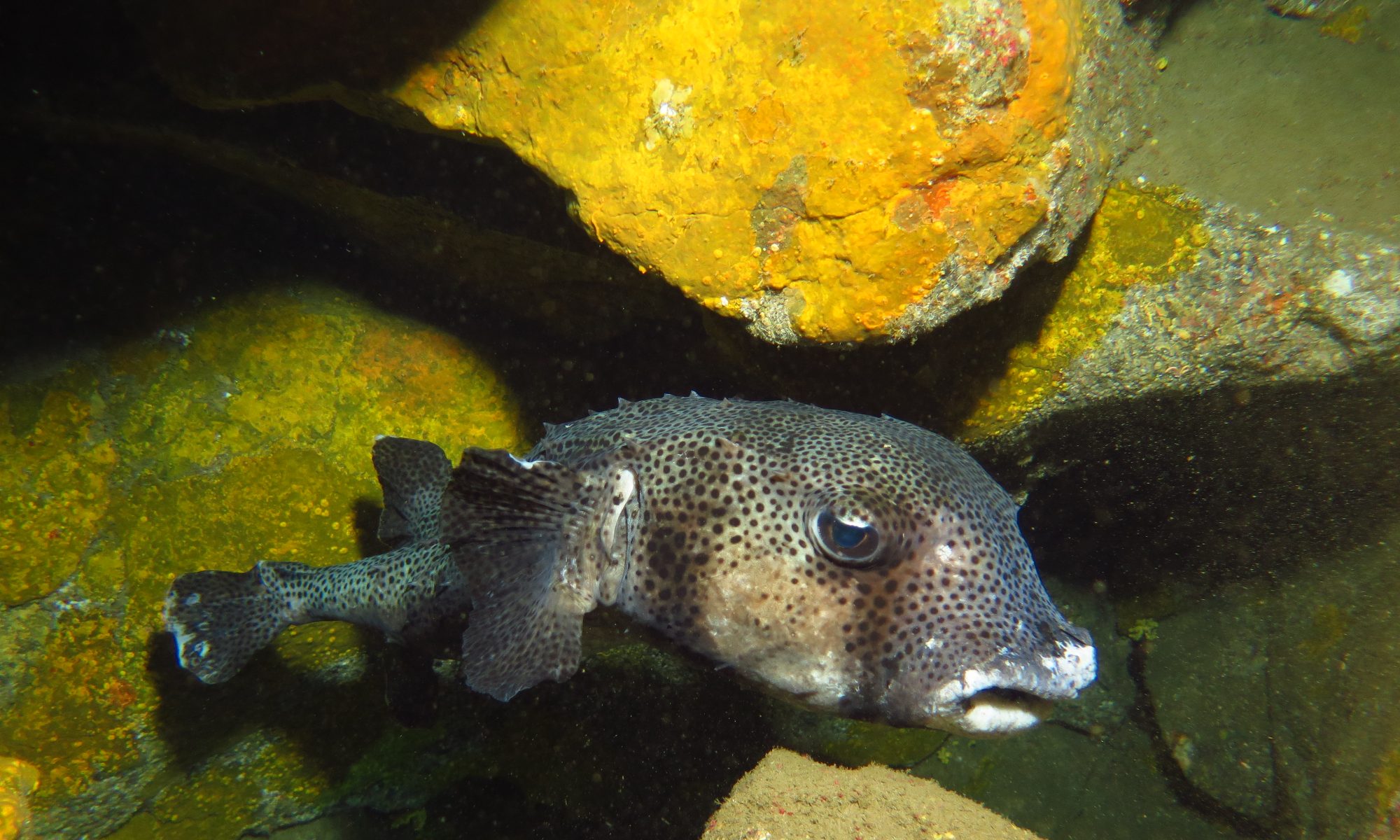For many years we have all become accustomed to very high reliability and certainty when travelling around the world. To travel to another part of the world for a Scuba Diving holiday had become a ‘risk-free’ part of the package.
We could worry about the nitrogen exposure, our fitness, or how the new camera / regulator / dive computer will work, but apart from some minor flight disruptions, flights will get you there, hotels and boats will look after you and you will get home (more or less) in time for work again.
This has led us all to become ‘lazy’ travellers, planning for the best and assuming any disruption will become minor… buying cheap (or no) travel insurance, not making any backup plans… Its a good job we do not dive the way we travel!
The threat of travel disruption for many divers is worse than the threat posed by the virus itself.
So here are five tips to make sure you retain some normality in your diving life, and yet put some better planning back into place. They all have analogies to the preparations we do before a dive..
1. Follow genuine sources for advice and avoid the rumours and half-truths
Today, we learn to dive by taking a course from a ‘trusted source’ such as PADI, NAUI, BSAC, SSI. Take the same approach and use authoritative sites like the World Health Organisation (WHO), NHS and The Foreign Office in the UK, Gobierno de Canarias in the Canaries etc for real advice on travel and avoiding the virus. Much of the advice is international – wash your hands regularly, use paper tissues and hand wash, don’t wear a mask unless you have a respiratory infection.
2. De-risk your journey by choosing well known destinations.
When we dive, we know the risks are a lot lower when we do a dive we have done before, or when we take a shallower dive. During 2020 we can de-risk our travel by visiting locations we already know, or locations that are closer. This is probably not the year to explore some new deep wreck on a remote Pacific Island.
3. Don’t forget your Travel and Diving Insurance.
When we dive, it is normal to have a buddy or partner alongside you. You act as an ‘insurance policy’ for each other. During 2020, review what travel insurance policy you are using. That ‘free’ policy with your Credit Card company may not be as great as you think – we recently had a case where when asked, the Credit Card company said it only covered a maximum of 5 dives to 15m! In Europe, travelling with a European Health Card (EHIC) will give you access to basic health care in the local health service, but that is all. For example in Spain, hyperbaric medicine is NOT included, and all divers (both Spanish residents and visitors) need to have a diving insurance policy which covers these.
An example of a good travel policy was a case where a lady broke her leg in Sri-lanka. The company organised treatment, then extended the stay in a top hotel till she could travel, arranged better seats on the flight, and a taxi to hospital on arrival… for both her and her friend who was looking after her!
4. Use smaller hotels, AirBnB or apartments and rent a car.
We all enjoy a dive more when there are only a small number of people on the dive. Big groups can ‘kick up the sand’ so you miss some of the highlights.
Travel in the same way, and if you pick smaller hotels or use individual apartments from AirBnB or Booking.com, you stand less risk of being quarantined because ‘somebody else’ has contracted the virus.
5. Follow simple strategies to avoid the virus
As divers we know that good preparation and a good dive plan help avoid problems. Don’t swim against the current when you can drift along with it.
For example, use your own mask and regulator, take a personal supply of hand-cleaning gels, avoid big events such as sports matches in pubs or confined spaces, eat outdoors, and keep well hydrated.
Summary
In summary, we need to treat travel preparations with more care, and just like when we plan a dive.. “Plan for the worst but hope for the best”.
Most advice is to continue your life as normally as you can, but take extra precautions. So don’t stop diving completely because of the virus, or next year you will find that some of the options have closed or disappeared. Help the diving industry survive this crisis by supporting them during 2020 we can all blow a raspberry at the Coronavirus!
Author – Brian Goldthorpe is a BSAC Advanced Instructor and a PADI Master Scuba Diver Trainer with ‘Elite’ status. He has been diving in the Canary Islands since 2002 where he runs a scuba diving centre in Gran Canaria – Davy Jones Diving , where he shows guests around the El Cabrón Marine Reserve.
